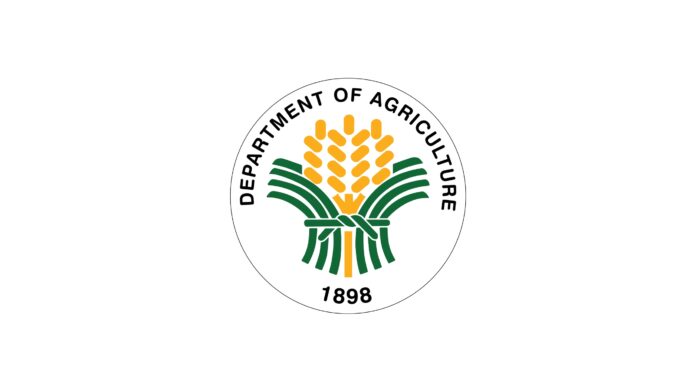The Department of Agriculture (DA) welcomed the House of Representatives’ approval on Monday of its proposed P216.1 billion budget for 2026—a P39.4 billion increase from the original P176.7 billion allocation.
The additional funds are meant to bolster key agricultural infrastructure, expand crop insurance, and boost productivity programs, especially for high-impact commodities like coconut.
Pampanga Rep. Anna York Bondoc, who defended the DA budget during plenary debates, said the increase underscores the government’s recognition of agriculture as a critical economic pillar—one that employs nearly one in every five Filipinos and contributes nearly 10 percent of gross domestic product.
“These additional funds are a powerful testament of our recognition that our investment in agriculture is an investment into our shared future,” Bondoc said. “It means direct support for hardworking farmers, better technology for our fisherfolk, and a more stable and resilient food supply for every Filipino family.”
While Bondoc noted that the House approval is already a major step in the budget process, she vowed to help shepherd the measure through the Senate and bicameral conference committee.
The increased allocation was part of a larger realignment ordered by President Ferdinand Marcos Jr., who redirected over P250 billion in funds from controversial flood control projects toward agriculture, education, and social welfare.
Of the P39.4 billion increase, P22.5 billion will go to the DA’s Office of the Secretary for flagship projects such as farm-to-market roads, cold storage facilities, and solar-powered irrigation systems.
The remaining P16.9 billion will support coconut replanting, enhanced crop insurance, fish port upgrades, farm-to-mill roads for sugar areas, and modern post-harvest facilities.
Agriculture Secretary Francisco P. Tiu Laurel Jr. thanked lawmakers for their support.
“This increased budget brings us closer to President Marcos’s vision of a food-secure Philippines—where agriculture is modern and investment-worthy, and farming is a viable, profitable venture,” Tiu Laurel said.







